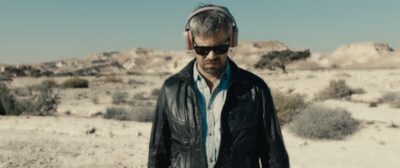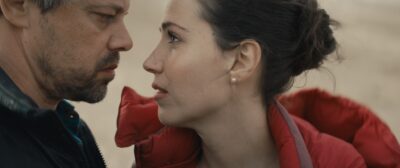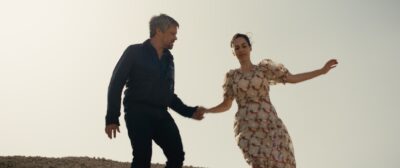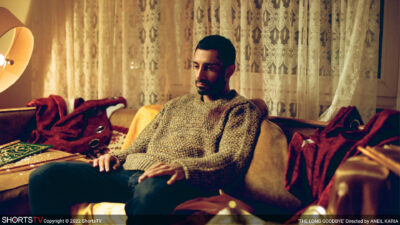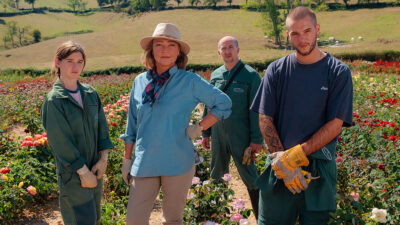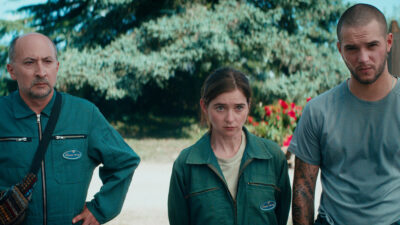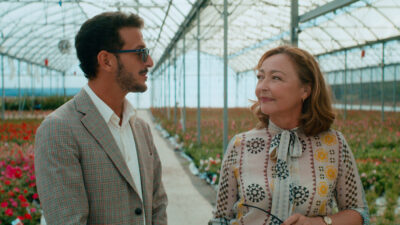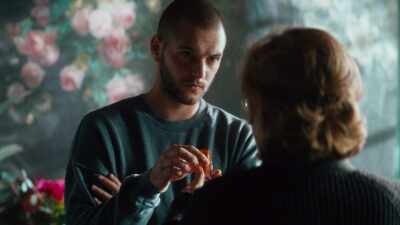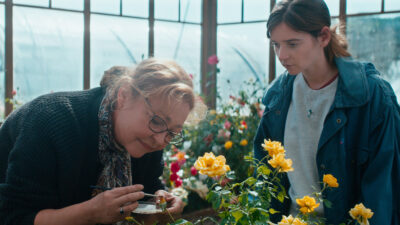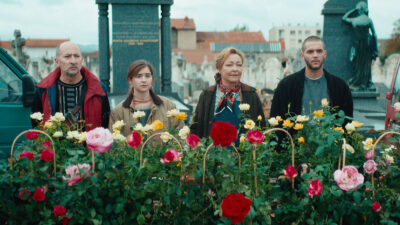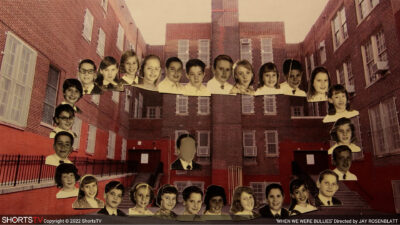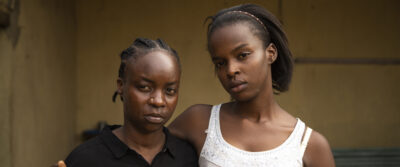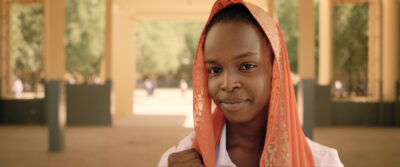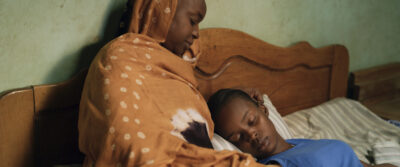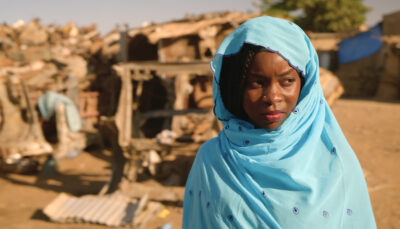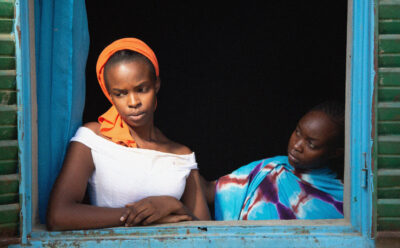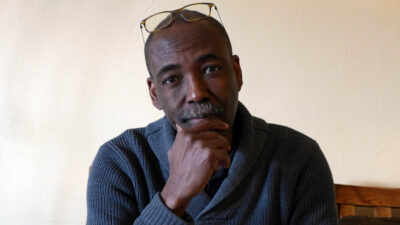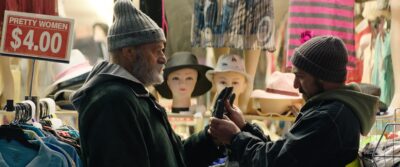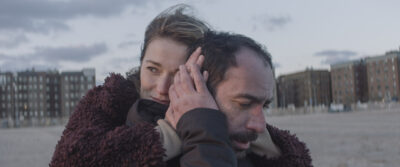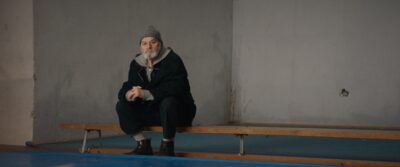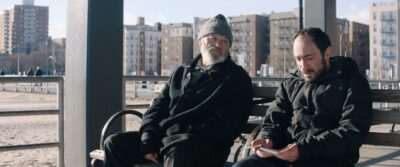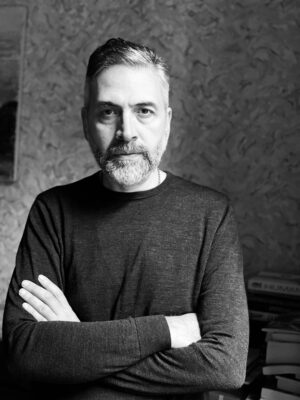“I’m a gentleman’s gentleman and you’re no bloody gentleman!” Upper-crust James Fox thinks he’s found a “treasure” in Jeeves-efficient new butler Dirk Bogarde — just the man to put his life and swankily restored Knightsbridge townhouse in order — though his frightfully stuck-up fiancée Wendy Craig sniffs more than disapprovingly. But after Bogarde’s mini-skirted “sister” Sarah Miles suddenly shows up on Fox’s doorstep, the line of demarcation between Upstairs and Downstairs blurs, in American blacklistee Losey’s pioneering 1963 Mod psychodrama The Servant, the first of three collaborations with playwright Harold Pinter (who can also be glimpsed in a restaurant cameo). With jazz score by John Dankworth (and vocal by his wife Cleo Laine, heard on an eros-arousing LP) and stunning B&W camerawork by Douglas Slocombe (Kind Hearts and Coronets, Man in The White Suit, Raiders of the Lost Ark).
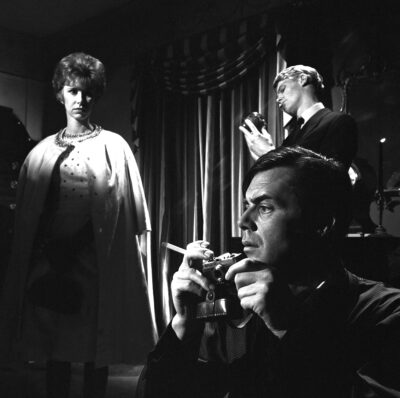
“The Servant is a dark jewel of 1960s British cinema with the perfect alchemy of collaborators in director Joseph Losey, screenwriter Harold Pinter, cinematographer Douglas Slocombe, and stars Dirk Bogarde and James Fox. It’s cold as ice, perfectly precise, and chillingly effective. Clearly an influence on Bong Joon-Ho’s later class war masterpiece Parasite, this is an absolutely wicked classic from top to bottom.” – Edgar Wright quoted in Indiewire, reflecting on films that inspired Last Night in Soho
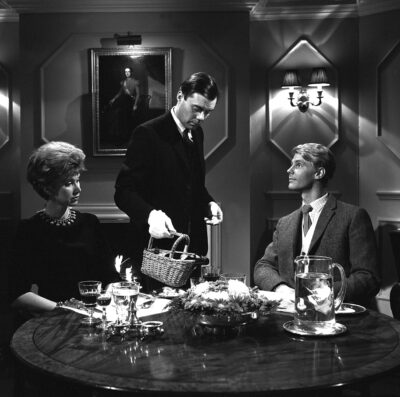
***** 5 Stars [highest rating] “Losey’s masterpiece. A perfect storm of perversity. Pre-Persona identity transference and prole pole-positioning, [The Servant] immediately transformed the director from has-been Hollywood exile to European auteur. Everything hits just the right note of louche Britannia, from Losey and cinematographer Douglas Slocombe’s visual expressionism (warped reflections abound; stairwell shadows look like prison bars) to screenwriter Harold Pinter’s pause-as-power-play dialogue to the actors’ character assassinations on class assumptions.” – David Fear, Time Out New York
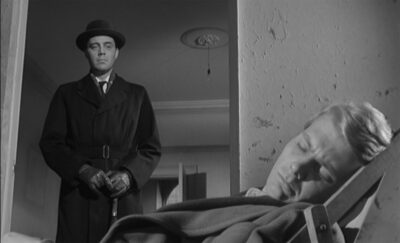
“The nastiest movie ever made. A vile snake pit of appalling manners, lust and degradation. Losey does masterly work in confined spaces… Bogarde’s performance as the scheming servant sets the standard for sly corruption.” – David Denby, The New Yorker
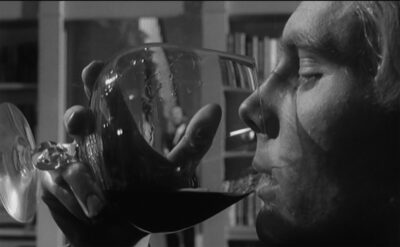
“One part aristocratic film, one part angry-young-man movie… Mixing techniques as surely as it mixes class (graceful dolly shots are placed side-by-side with the handheld photography), [it evokes] the hysterical confusion of a culture in upheaval.” – Zachary Wigon, Village Voice


